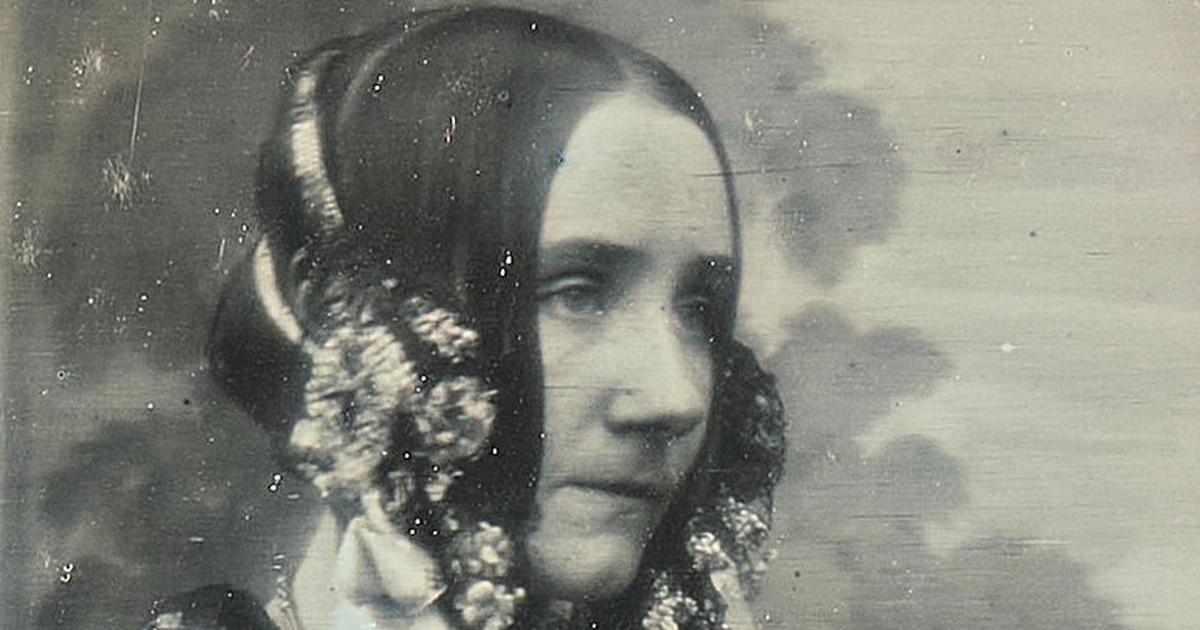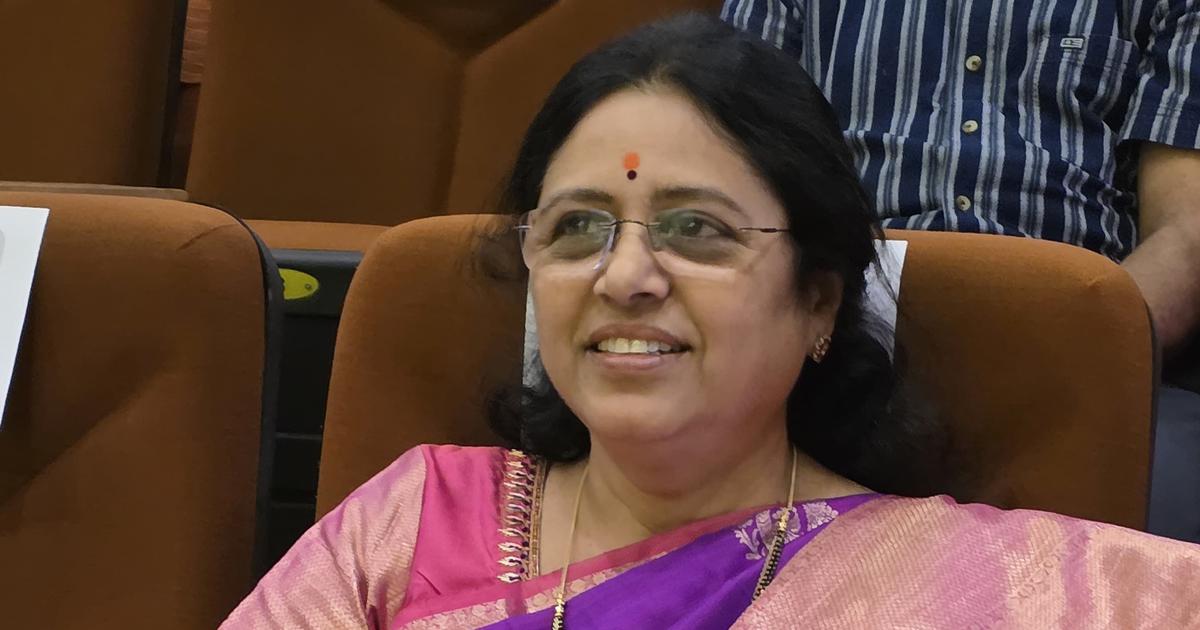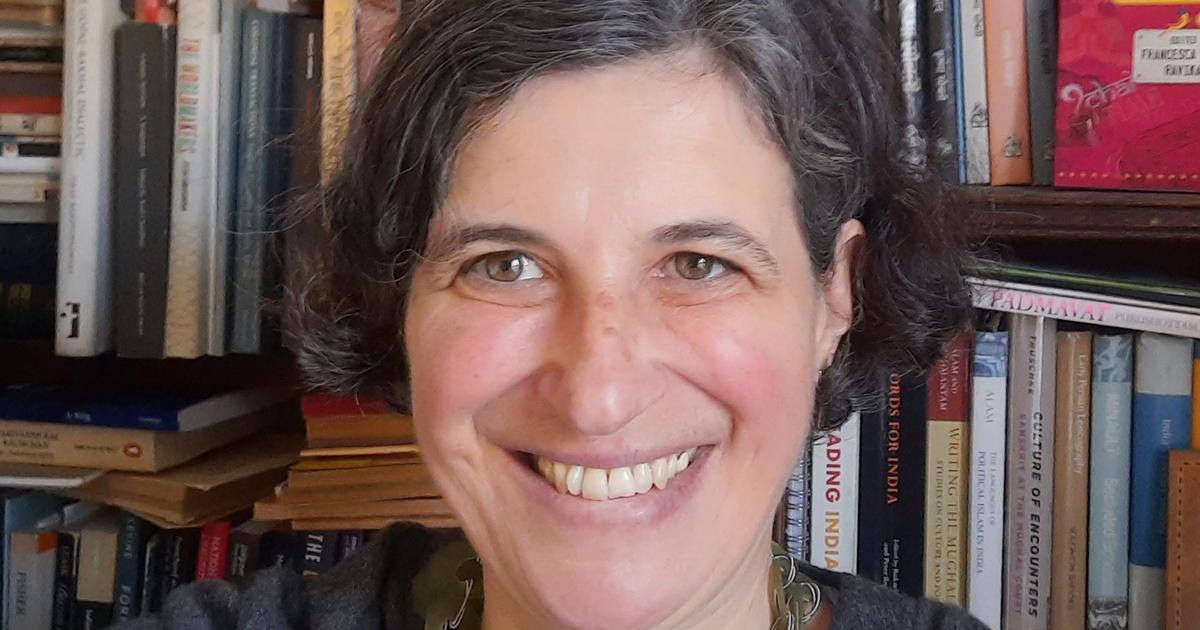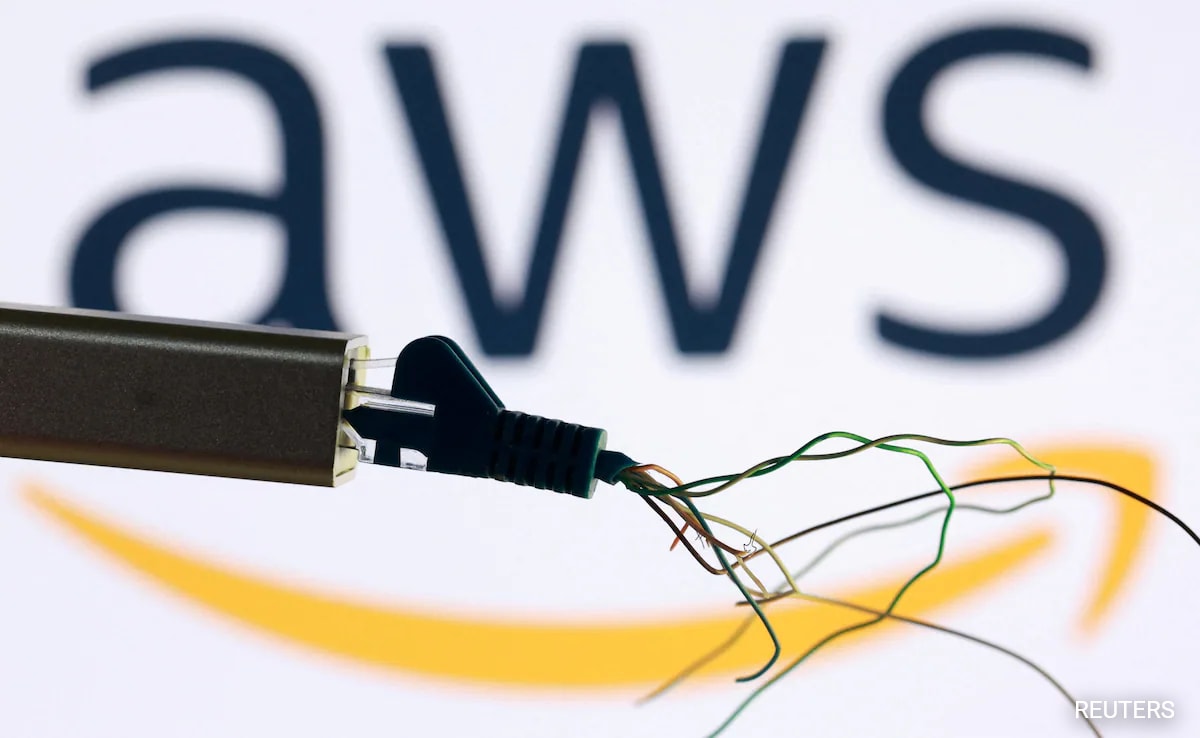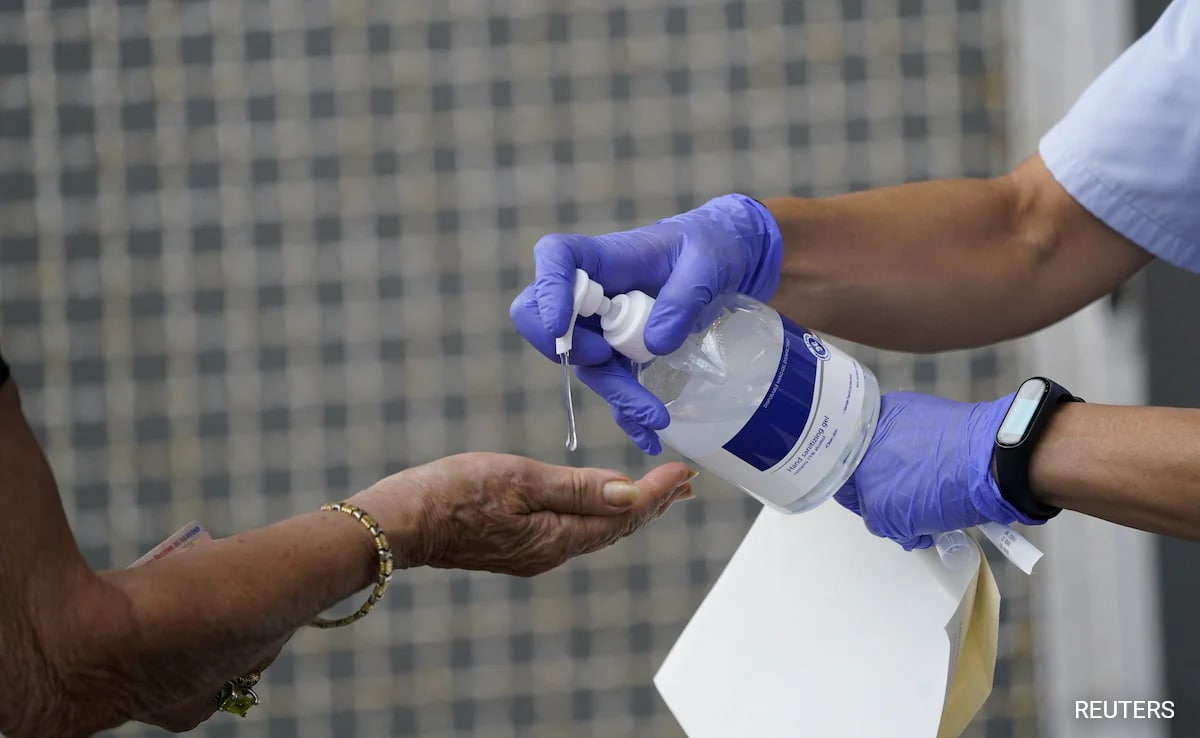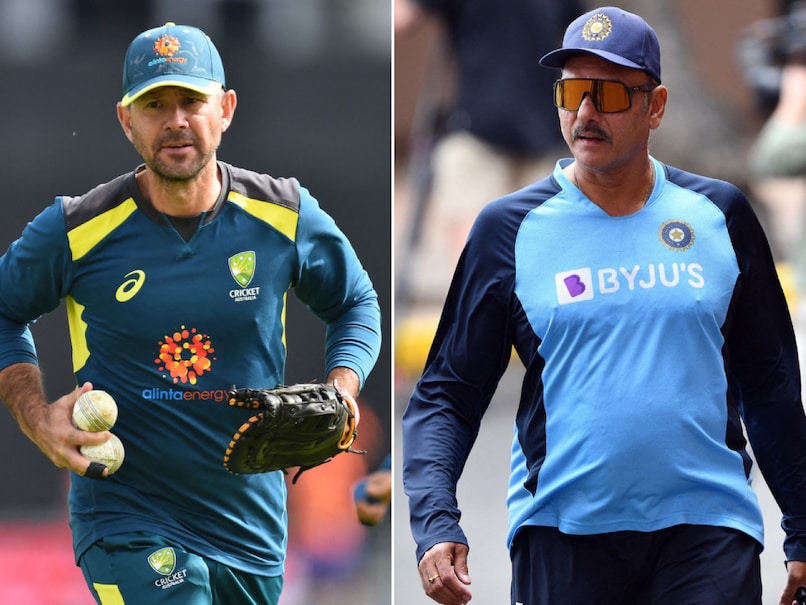Can food cravings help detect cancer?
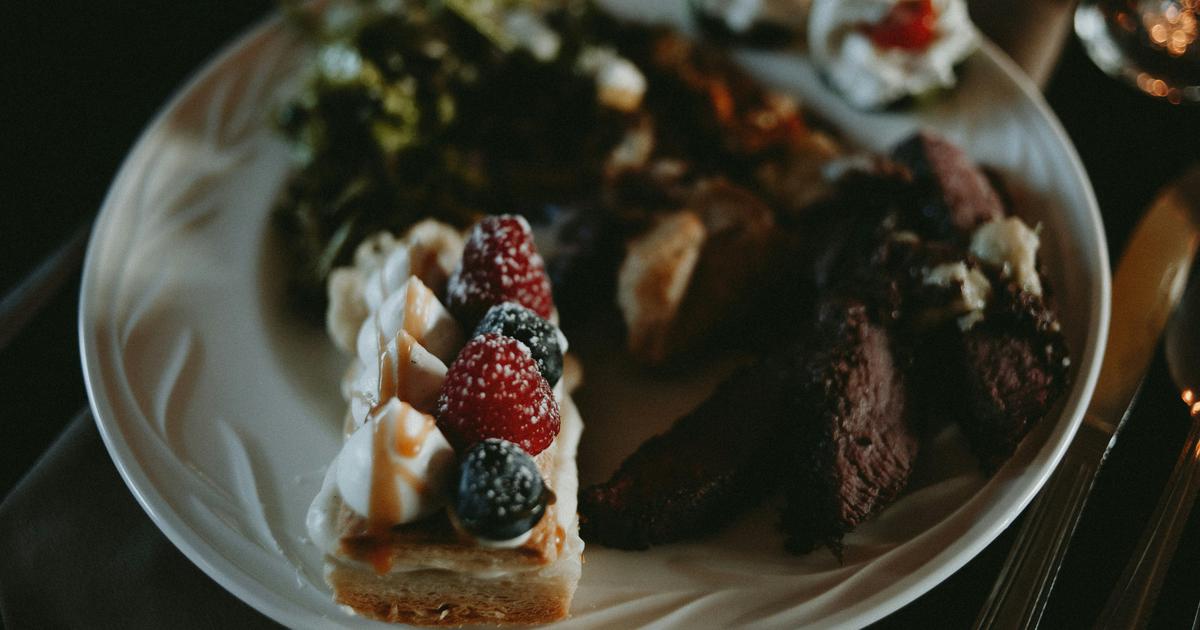
Join our WhatsApp Community to receive travel deals, free stays, and special offers!
- Join Now -
Join our WhatsApp Community to receive travel deals, free stays, and special offers!
- Join Now -

Why do health stories about food and cancer grab so much attention? Because they offer an enticing promise: that a single item on your plate, or even a sudden change in what you crave, might hold the key to spotting disease early.
It’s a compelling idea, but in reality the science of appetite, taste, and cancer is far messier than the headlines suggest.
This eye-catching idea oversimplifies reality. While cancer can change appetite and taste, there’s no solid evidence that a sudden craving, such as an abrupt fixation on sweets, serves as a dependable early warning signal for undiagnosed cancer.
This is a classic case where interesting clinical anecdotes and stories have been stretched into a sweeping rule that doesn’t work as a screening tool.
The grain of truth behind these headlines comes from clinical observations. Some cancer patients do report altered taste and appetite. In older case studies, patients described dramatic changes – tea suddenly tasting awful, or favourite foods becoming repulsive – sometimes before diagnosis, sometimes after treatment began.
These accounts seem compelling, but they were never designed to prove that a particular craving reliably predicts cancer. They show that cancer can affect how we taste and eat, not that a single symptom can replace proper diagnosis.
Modern research paints a more complex picture. Studies examining “altered food behaviour” around...
Read more
What's Your Reaction?
 Like
0
Like
0
 Dislike
0
Dislike
0
 Love
0
Love
0
 Funny
0
Funny
0
 Angry
0
Angry
0
 Sad
0
Sad
0
 Wow
0
Wow
0

